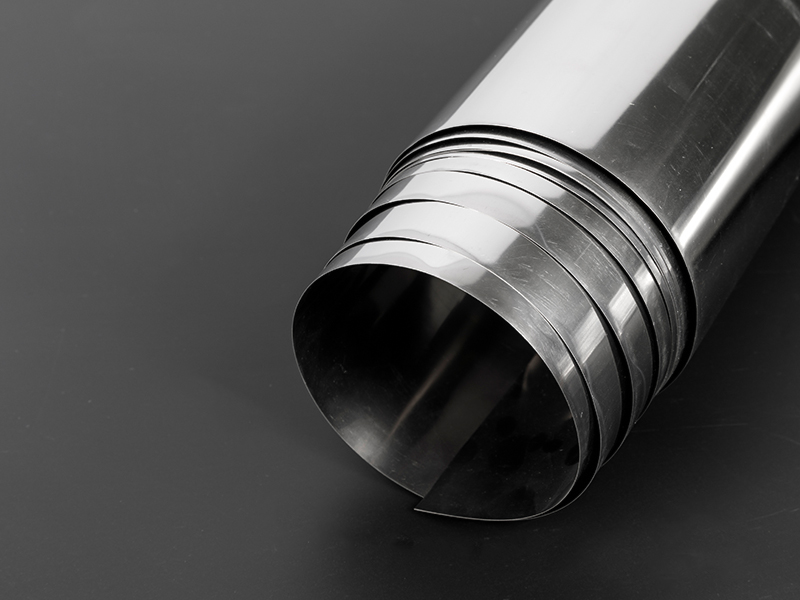Compared with other metal materials, titanium alloys have the following advantages:
1. The specific strength (tensile strength/density) is high (see picture), the tensile strength can reach 100-140kgf/mm2, and the density is only 0.6 of steel.
2. Good strength at medium temperature, the operating temperature is several hundred degrees higher than that of aluminum alloy, the required strength can still be maintained at medium temperature, and it can work for a long time at a temperature of 450-500 °C.
3. Good corrosion resistance, a uniform and dense oxide film is immediately formed on the surface of titanium in the atmosphere, and it has the ability to resist the erosion of various media. Generally, titanium has good corrosion resistance in oxidizing and neutral media, and in reducing media, titanium has poor corrosion resistance.

4. Titanium alloys with good low temperature performance and low interstitial elements, such as TA7, can maintain a certain plasticity at -253 °C.
5. Small thermal conductivity, low elastic modulus, no ferromagnetism.
6. High hardness.
7. Poor punchability and good thermoplasticity.
Heat treatment: Titanium alloys can obtain different phase compositions and structures by adjusting the heat treatment process. It is generally believed that the fine equiaxed structure has good plasticity, thermal stability and fatigue strength; the needle-like structure has high lasting strength, creep strength and fracture toughness; the equiaxed and acicular mixed structure has good comprehensive properties.
Commonly used heat treatment methods are annealing, solution and aging treatment. Improve plasticity and tissue stability to obtain better comprehensive properties. In addition, in order to meet the special requirements of the workpiece, the industry also adopts metal heat treatment processes such as double annealing, isothermal annealing, beta heat treatment, and deformation heat treatment.








